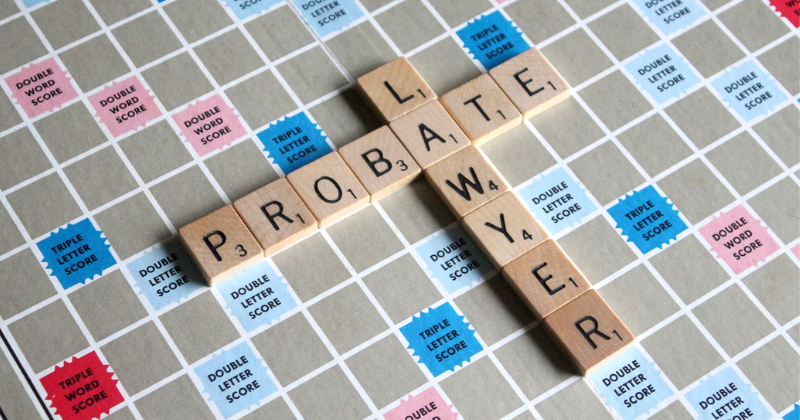
Writing a will or establishing a trust can be tricky. The person must list all of their assets and who they want to receive them. A will or trust can state the beneficiaries, but can it also place conditions on the assets? Once you’ve passed away, can you still make stipulations concerning your money? Can you disinherit someone because you don’t approve of their spouse?
In the past, it has been said that a person should not make stipulations when it comes to distributing their assets after they have died. Examples of such frowned-upon conditions are not receiving the inheritance if they are arrested or not receiving the inheritance if the beneficiary marries before they are 21. Generally, courts try to honor the intent of the deceased as much as they can… but that doesn’t mean that the conditions of the will or trust are always upheld.
Most conditions within a will or trust must not include anything illegal or generally go against public policy. But there are specific trusts such as trusts based on age and a sprinkling or spray trust that give conditions for the trustee to follow when dispursing money.
Probate is the legal process of settling a deceased person’s estate. And, a probate attorney can help handle all aspects of closing the estate. This includes fighting for or against stipulations within a will or trust.
Probate is a separate area of law not practiced by all attorneys. If you become a part of a family dispute concerning the contents of a will or trust, an experienced probate attorney can help. We understand all aspects of a will or trust and know how to fight for what is rightfully yours.
There are 4 main legal reasons why a person may contest a will or trust:
While there are many individual reasons why someone may contest a will or trust, most of them fall under one of these four reasons. And the probate courts handle these disputes.
If you are a part of a family dispute concerning a will or trust, talk to a probate attorney. Don’t automatically settle until you know the laws that may protect you. Contact Us at the Estate & Probate Legal Group at (630) 864-5835
AREAS WE SERVE: Cook, DuPage, Kane, Lake and Will counties.